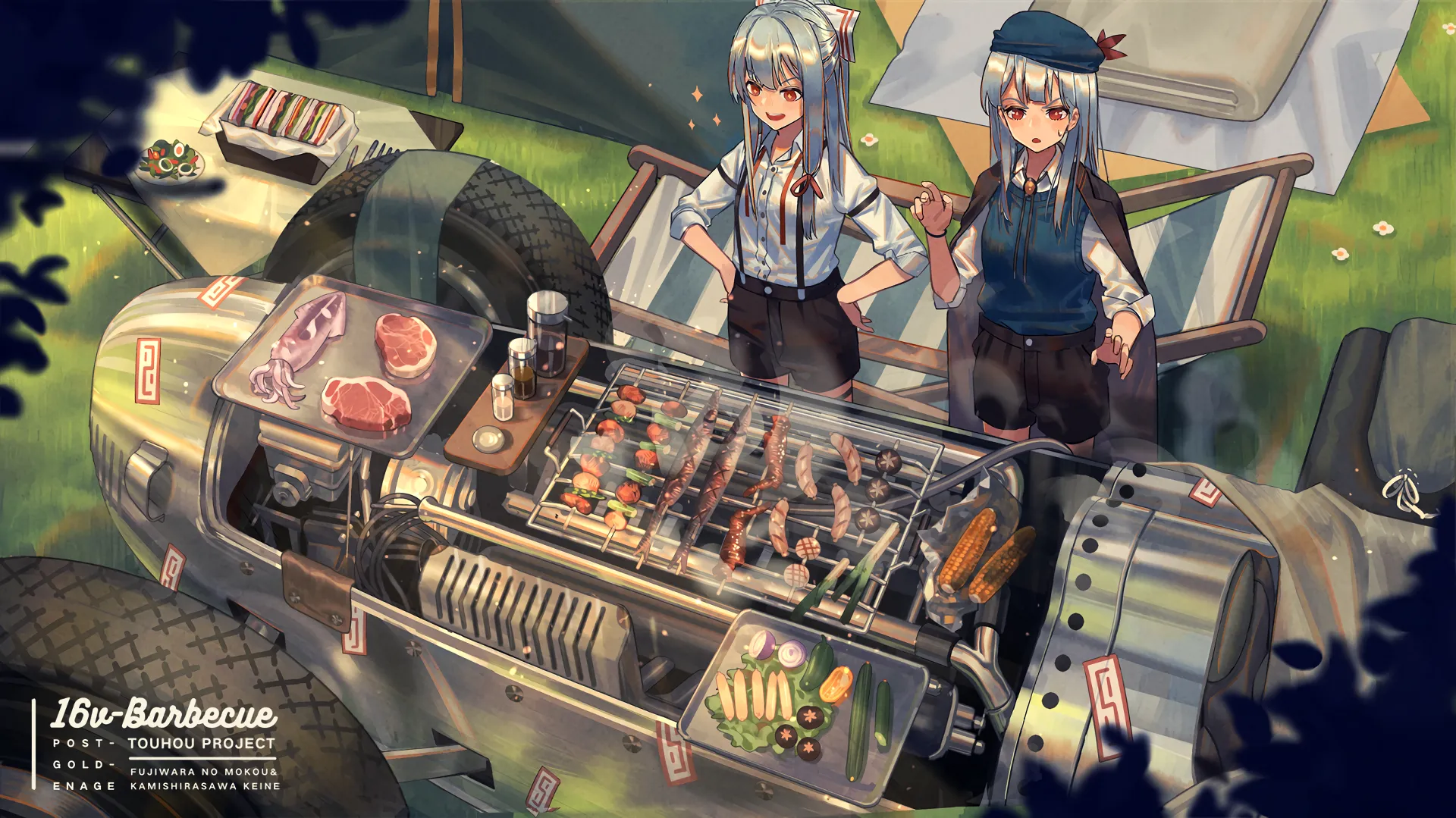College is not a commodity
College is not a commodity. Stop treating it like one.
大学不是商品,别再这样对待它。
What truly makes an education valuable: the effort the student puts into it.
真正让教育有价值的是你向其中投入的努力
By Hunter Rawlings
Pick up any paper or magazine, and you’re likely to see a front-page article on college: It costs too much, spawns too much debt, is or isn’t worth it.
随手捡起任何报纸或杂志,你将有极大的概率在首页看到一篇关于大学的头版文章:它花费太多金钱,产生太多负债,这值不值得。
I entered academia 52 years ago as a student of Latin and Greek expecting to enter a placid sector of American life, and now find my chosen profession at the center of a media maelstrom. With college replacing high school as the required ticket for a career, what used to be a quiet corner is now a favorite target of policymakers and pundits . Unfortunately, most commentary on the value of college is naive, or worse, misleading.
在52年前我作为一名拉丁语和希腊语地位学生进入大学,期望进入我美国生活中平静祥和的一节,然而却发现我所选择的专业现在已经处在媒体漩涡的中心。
随着大学文凭替代高中文凭成为职业生涯的敲门砖,过去平静的角落已经成为了政策制定者和专家最喜爱的猎物。
Here’s what I mean. First, almost everyone now evaluates college in purely economic terms, thus reducing it to a commodity like a car or a house. How much does the average English major at college X earn 18 months after graduation? What is the average debt. of college Y’s alumni?How much does it cost to attend college Z, and is it worth it? How much more does the “average” college grad earn over a lifetime than someone with only a high school degree? (The current number appears to be about $1 million.)
几乎所有人现在都用纯粹的经济学范畴来评价大学,由此将其简化成像一辆车或一座房子的一种商品。
Even on purely economic grounds, such questions, while not useless, begin with a false assumption. If we are going to treat college as a commodity, and an expensive one at that, we should at least grasp the essence of its economic nature. Unlike a car, college requires the “buyer” to do most of the work to obtain its value. The value of a degree depends more on the student’s input than on the college’s curriculum. I know this because I have seen excellent students get great educations at average colleges, and unmotivated students get poor educations at excellent colleges. And I have taught classes which my students made great through their efforts, and classes which my students made average or worse through their lack of effort. Though I would like to think I made a real contribution to student learning, my role was not the sole or even determining factor in the value of those courses to my students.
即使是在纯粹的经济学领域,这些问题虽然并非毫无价值,但却完全基于一个错误的预设。
不像汽车,大学价值的获取还需要购买者的努力。学位的价值更多地取决于学生的投入,而不是大学的课程。
我上过一些课因为学生们的努力变得很精彩,但也上过一些课因为学生们的懈怠变得平庸,糟糕
A college education, then, if it is a commodity, is no car(车一直贬值). The courses the student decides to take (and not take), the amount of work the student does, the intellectual curiosity the student exhibits, her participation in class, his focus and determination —all contribute far more to her educational “outcome” than the college’s overall curriculum, much less its amenities and social life. Yet most public discussion of higher education today pretends that students simply receive their education(被动性) from colleges the way a person walks out of Best Buy with a television.
The results of this kind of thinking are pernicious. Governors and legislators, as well as the media, treat colleges as purveyors of goods, students as consumers and degrees as products. Students get the message. If colleges are responsible for outcomes, then students can feel entitled to classes that do not push them too hard, to high grades and to material that does not challenge their assumptions or make them uncomfortable. Hence colleges too often cater to student demands for trigger warnings, “safe rooms”, and canceled commencement speakers. When rating colleges, as everyone from the president to weekly magazines insist on doing nowadays, people use performance measures such as graduation rates and time to degree as though those figures depended entirely upon the colleges and not at all upon the students.
如果大学对结果负责,那么学生就会觉得自己有权上那些不会把他们逼得太紧的课程,且获得高分,以及得到不会超出他们的预想或让他们感到不舒服的材料。
因此,大学常常迎合学生对各种警告(课程困难度之类的预警,引申自各种视频前面的FBI warning之类的)、安全范围(明确安全和正确的边界)和取消各种演讲者的要求。
This point is made succinctly by an apocryphal(真实性可疑的)story about a university president who said this to new freshmen each year: “*For those of you who have come here in order to get a degree, congratulations, I have good news for you. I am giving you your degree today and you can go home now. For those who came to get an education, welcome to four great years of learning at this university.*”
So let’s acknowledge that college is not a commodity. It’s a challenging engagement in which both parties have to take an active and risk-taking role if its potential value is to be realized. Professors need to inspire, to prod, to irritate, to create engaging environments that enable learning to take place that can’t happen simply from reading books or watching films or surfing the Web. Good teachers “supply oxygen” to their classrooms, in the words of former Emory University president Bill Chace; they do not merely supply answers or facts. And good colleges provide lots of help to students who face challenges completing their degrees in a reasonable amount of time.
因此,让我们承认大学不是商品。它是一次具有挑战性的参与,如果要实现其潜在价值,双方都必须采取积极和冒险的行动。
But students need to make a similar commitment to breathe it in and be enlivened by it. They owe this not only to their teachers but also to their parents and themselves. After all, the decision to go to college is a decision to make an investment in their future, an investment of time and money. And for many, a college education is expensive. Students have to play a major role in making sure it’s money well spent.
Students need to apply themselves to the daunting task of using their minds, a much harder challenge than most people realize, until they actually try to do it. *To write a thoughtful, persuasive argument requires hard thinking and clear, cogent rhetoric. To research any moderately complex topic requires formulating good questions, critically examining lots of evidence, analyzing one’s data, and presenting one’s findings in succinct prose or scientific formulas.*
For many students, being required to produce critical thought in front of a class is a new sensation, often a not very pleasant one. I remember too well my feelings when I had to read my first freshman paper in front of my classmates and English professor. It was a disaster, a sort of primal humiliation because it took only four or five sentences for the class to make it clear to me that I should not read any further. I learned more that day about the requirements of effective writing than in the previous 18 years of my life.
The ultimate value of college is the discovery that you can use your mind to make your own arguments and even your own contributions to knowledge, as do many students pursuing research in college. That too is a new sensation, and a very good one. Yes, it generally leads to higher career earnings. But it is the discovery itself that is life-changing.
大学的终极价值在于发现你可以用自己的思想来提出自己的论点,甚至对知识做出自己的贡献,就像许多在大学里从事研究的学生所做的那样。
改变人生的不是发现的事物,而是发现本身。
To create what is, for most of us, that “new sensation,” you need a professor who provokes and a student who stops slumbering. It is the responsibility of colleges and universities to place students in environments that provide these opportunities. It is the responsibility of students to seize them. Genuine education is not a commodity, it is the awakening of a human being.
真正的教育不是商品,它是一个人的觉醒。








